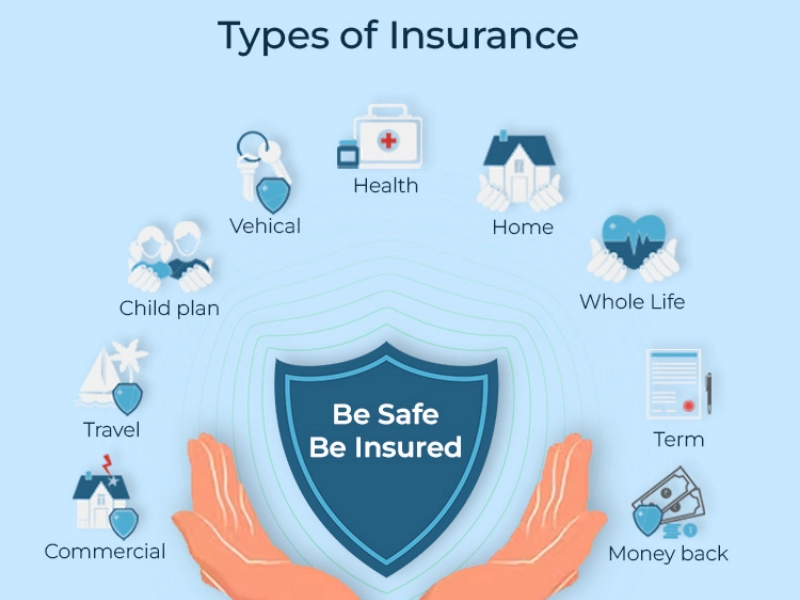Maternity And Newborn Coverage: What To Look For In Health Insurance
coverage for maternity and newborns
Pregnancy and childbirth coverage should ideally be outlined in the precise policy wording of your health plan. To accomplish this, go over the Summary of Benefits and Coverage for your plan.
Additionally, you may want to think about choosing a plan with a large deductible, low coinsurance, or an out-of-pocket maximum that exceeds $9,100 in 2023.
Care During and After Pregnancy

Regular check-ups with a physician, nurse, or midwife are part of prenatal care, which aims to ensure your health and the healthy growth of your unborn child. Attending your prenatal care checkups is crucial, as it can prevent significant issues such as low birth weight and ensure the safety of both you and your unborn child. As soon as you learn you are pregnant, you should begin prenatal care.
Pregnant women who do not receive care are three times more likely to give birth to a child who is underweight, which can cause health issues and shorten the woman's life. The majority of prenatal care research has only looked at delivery outcomes, but it's also likely that prenatal care will improve parenting skills and boost a mother's usage of pediatric healthcare, both of which may have an impact on the health of her unborn child.
Pregnancy should be the starting point for the continuous planning and coordination of postpartum care. A discussion about breastfeeding, the "baby blues," postpartum mental health, and long-term health care arrangements should all be included in the anticipatory instruction.
Care during Labor and Delivery

A clinical case meeting with HCPs (nurses, consultants, social workers, and tertiary care centers) is a crucial step for women who have preterm labor. This makes it possible to have more in-depth conversations with the woman's family about care options, the type of birth (caesarean or vaginal), the outcome, and labor support.
Early labor can occur at any time. It may include contractions spaced three to five minutes apart that linger for hours or days. The woman should receive guidance from HCPs on how to decide whether to give birth at a freestanding birthing center or in a hospital.
It is crucial to provide family-centered care for labor and delivery, taking into account each woman's health needs, values, and preferences. For example, during giving birth, a lot of women would rather have their spouse or family by their side. In a similar vein, some surrogates, like the intended family of their child, are present throughout the entire labor and delivery process. It is crucial that maternity units, birthing centers, and hospitals have regulations that permit the fulfillment of these desires.
After-Partum Care

Optimizing women's long-term health after childbearing requires comprehensive, woman-centered care. A woman should have a postpartum care plan during her pregnancy, which should include an evaluation of her goals for family planning in the future and recommendations for follow-up care that includes both medically necessary and well-woman services (e.g., screening for certain cancers).
Improving the quantity and regularity of postpartum visits is essential for enhancing the health of mothers. Postpartum visitation rates are even lower for low-income populations; however, many women choose not to go. Insufficient attendance raises the likelihood of short-interval pregnancy, makes it more difficult to manage long-term health issues and use contraception, and adds to the inequities in obstetric treatment.
In order to assist state Medicaid and CHIP agencies in enhancing postpartum care, including the creation of quality improvement initiatives and approaches to overcome care barriers, CMS established a learning collaboration in 2021. Strategies such as encouraging attendance at postpartum visits during prenatal care or before hospital release, utilizing peer counselors, intrapartum support workers, or postpartum nurses to promote visits, and offering home visits are described in a highlight brief and State Spotlights webinar.
Nursing

For many newborns, breastfeeding is the best option, but it's not always simple. Breastfeeding support services such as breast pumps or lactation classes may be partially covered by your health insurance. While some states mandate breastfeeding assistance and education paid for by health insurance, it is wise to confirm with your particular plan before enrolling.
Each health care plan is unique, even those offered by the same insurer. Some provide various physicians, facilities, and medications. Therefore, before enrolling in a plan, it's crucial to find out if the physicians and clinics of your choice are covered by the network.
You can utilize Covered California to locate plans that contain your preferred providers if you have an individual plan. Additionally, you might be eligible for the Maternity Access Program (MCAP) if you don't have health insurance or if your salary is too high to get Medi-Cal at no cost. This program assists new mothers and expectant mothers in affording affordable health insurance. You can apply over the phone at the MCAP helpline or through Covered California.









